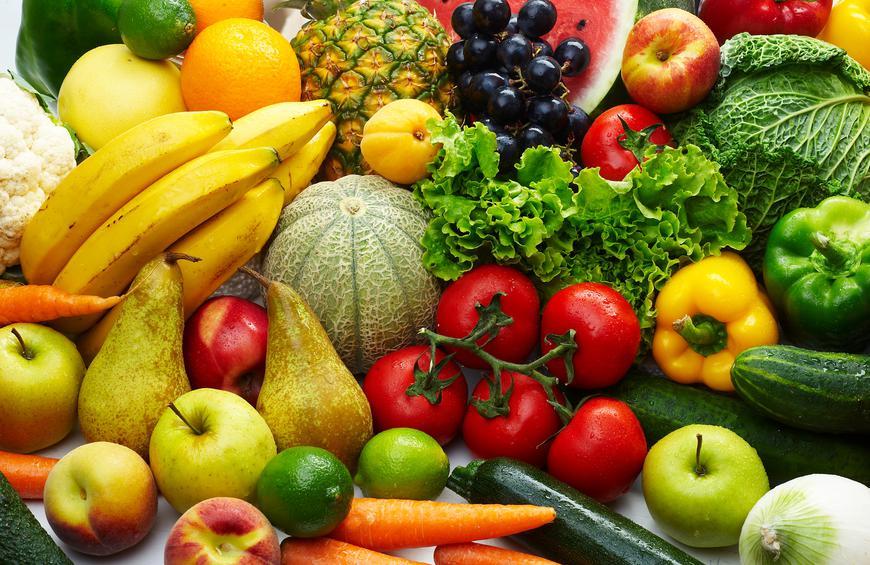The Nigeria Soybean Stakeholders Coalition (NSSC) has set ambitious goals to boost protein sufficiency in Nigeria by increasing the integration of soybeans in both livestock feed and human diets to 80 percent. At the coalition’s recent inauguration in Lagos, NSSC Chairman Dr. Joe Dada outlined a roadmap for expanding soybean use to help close Nigeria’s nutritional gaps.
“We are committed to promoting protein sufficiency in Nigeria,” Dada affirmed, emphasizing that soybeans could play a significant role in addressing the country’s nutritional challenges.
Currently, soybeans make up 60 percent of protein sources in livestock feed, and the coalition aims to push this to 90 percent. For human consumption, the goal is even more ambitious: raising soybean use from 20 percent to 80 percent across various food categories.
“Soybeans are often seen as animal feed, but they actually have more than 357 uses, ranging from baby food to snacks and meals for adults,” Dada highlighted, adding that soybean oil could also contribute to reducing cholesterol, making it beneficial for heart health.
To achieve these goals, the NSSC plans to work closely with the federal government to tackle issues affecting soybean production, such as low yields and importation barriers. “The government is invested in this effort because of the well-documented protein deficiency across Nigeria,” Dada said, noting initiatives like the ‘one egg a day’ program for schoolchildren as part of broader efforts to improve nutrition.
Beyond nutritional benefits, the government also sees the soybean initiative as a job creator, with potential for employment growth in the agriculture and processing sectors as soybean production scales up.
Foluso Alabi, Country Lead for the US Soybean Export Council in Nigeria and Sub-Saharan Africa, supported the coalition’s efforts, calling soybeans a “game changer” for addressing malnutrition. “In northern Nigeria, we face a 51 percent malnutrition rate. Soy-based foods like soy milk and soy-garri can deliver affordable protein to households nationwide,” Alabi remarked.
He further noted that the coalition’s goals align with Nigeria’s broader aims of food security and zero hunger, key objectives of the United Nations’ Sustainable Development Goals (SDGs). “Well-nourished individuals are more productive, and soybeans can reliably provide both energy and nutrition,” he said, adding that advancements in the U.S. with soybean-based biofuels might also open up future industrial applications for Nigeria.
The government voiced strong support for the NSSC’s initiatives. Speaking on behalf of Dr. Chinyere Akujobi, Permanent Secretary of the Federal Ministry of Livestock Development, Dr. Modupe Hambolu underscored the coalition’s importance. “We expect the NSSC to expand the soybean value chain and raise awareness about its benefits, ultimately supporting Nigeria’s nutritional and food security objectives,” Akujobi stated.
The event concluded with the induction of NSSC’s trustees and executive team, as well as the unveiling of the coalition’s new logo, marking a formal start to their mission to make soybeans a cornerstone of Nigeria’s food strategy.










